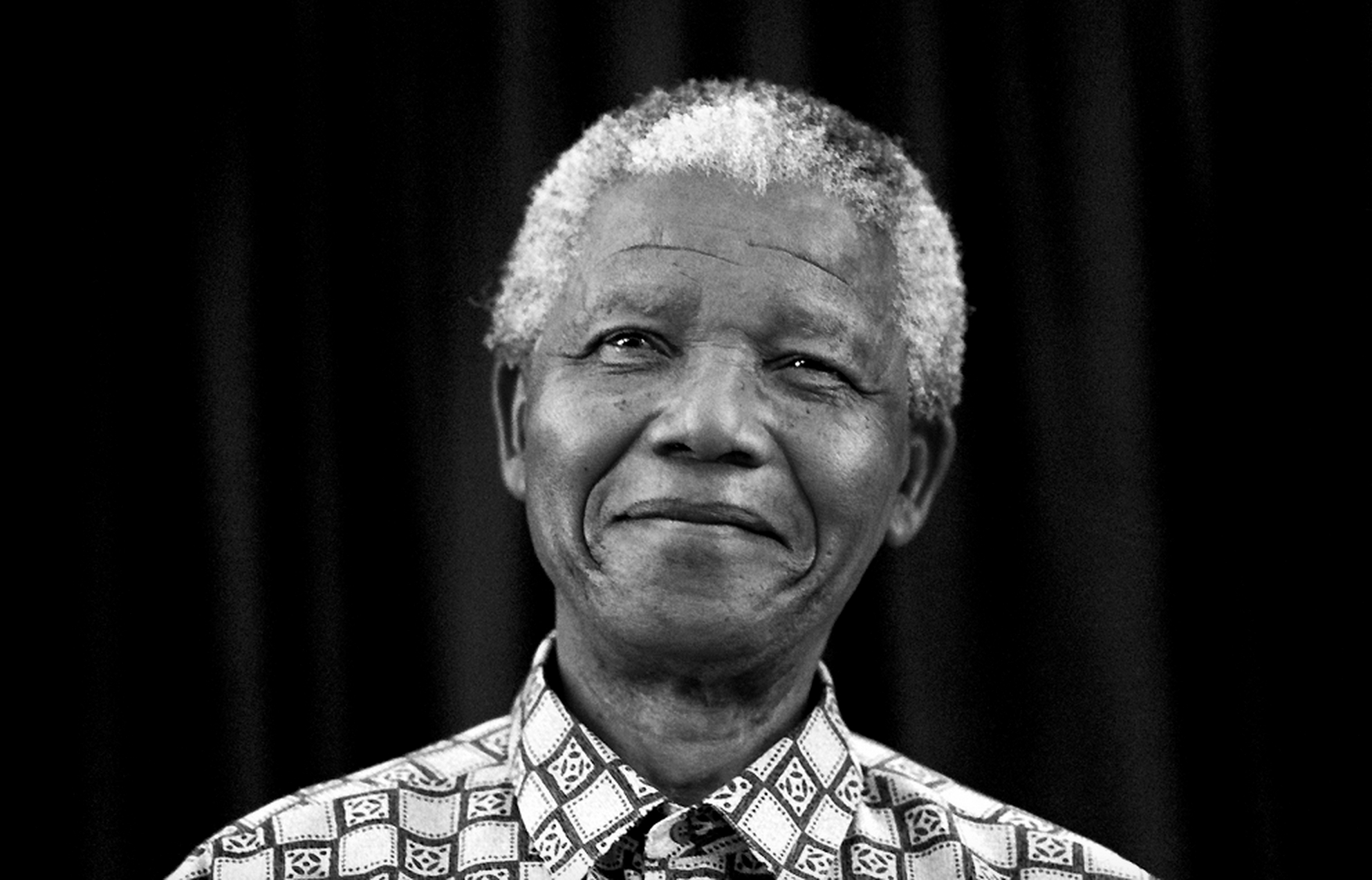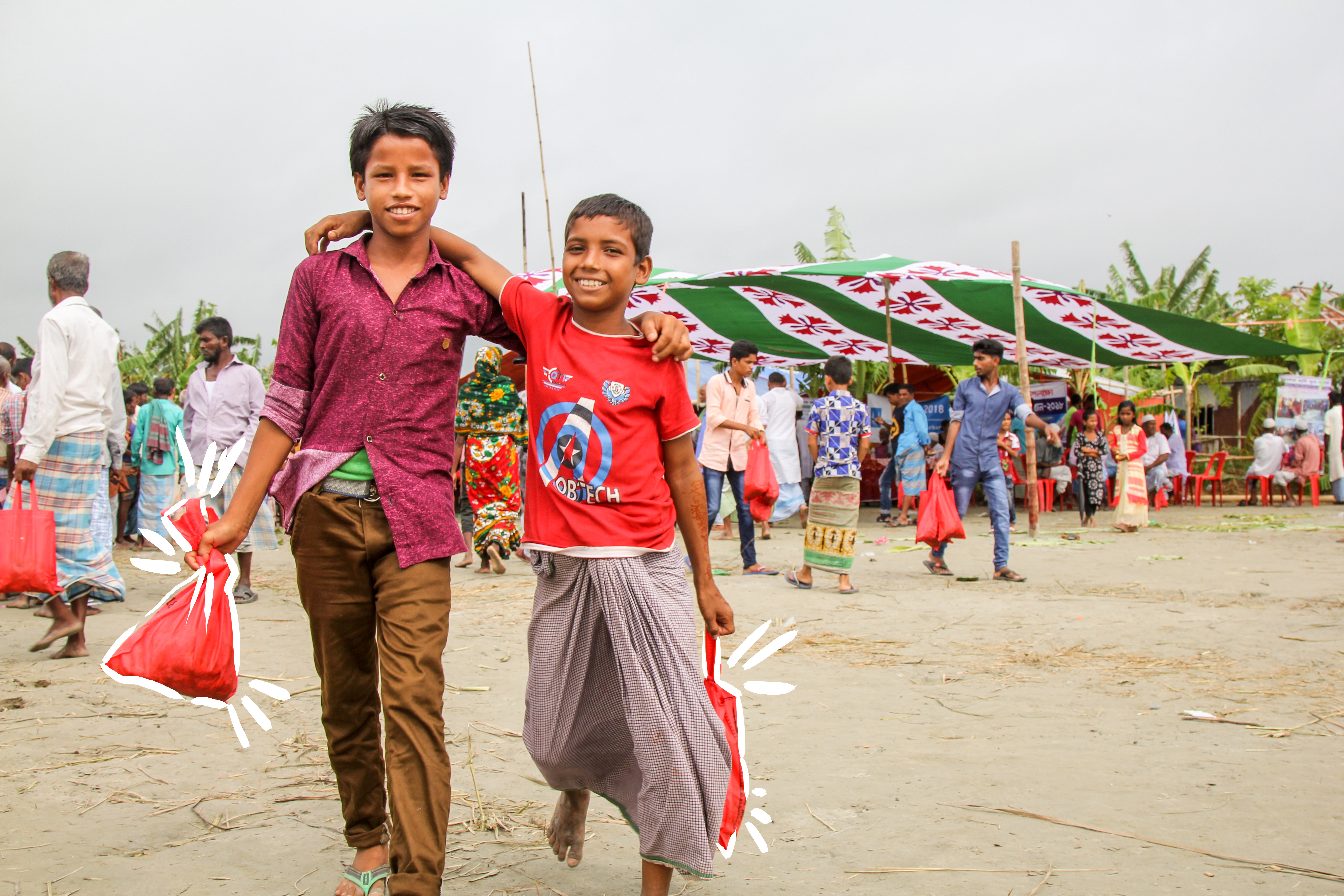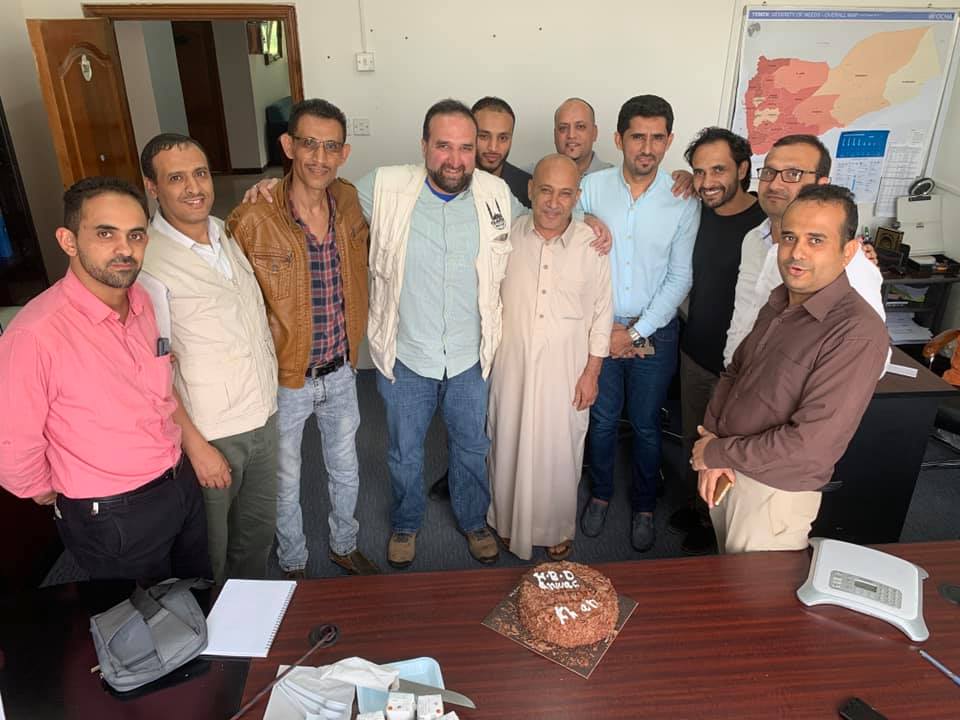IRUSA’s Muhammad Niyaz’s Recent Trip to Pakistan
by Muhammad Niyaz
Islamic Relief’s legacy in Pakistan dates back to 1992.
Right now, we’re on the ground working to help survivors of the floods and ensure long-term support. Upwards of 550,000 people have been assisted with immediate needs including food, water, hygiene kits, emergency shelter, and cash assistance.
In October, I had the honor of going to Pakistan with Islamic Relief USA (IRUSA) President, Anwar Khan, to assess the situation and provide immediate relief.
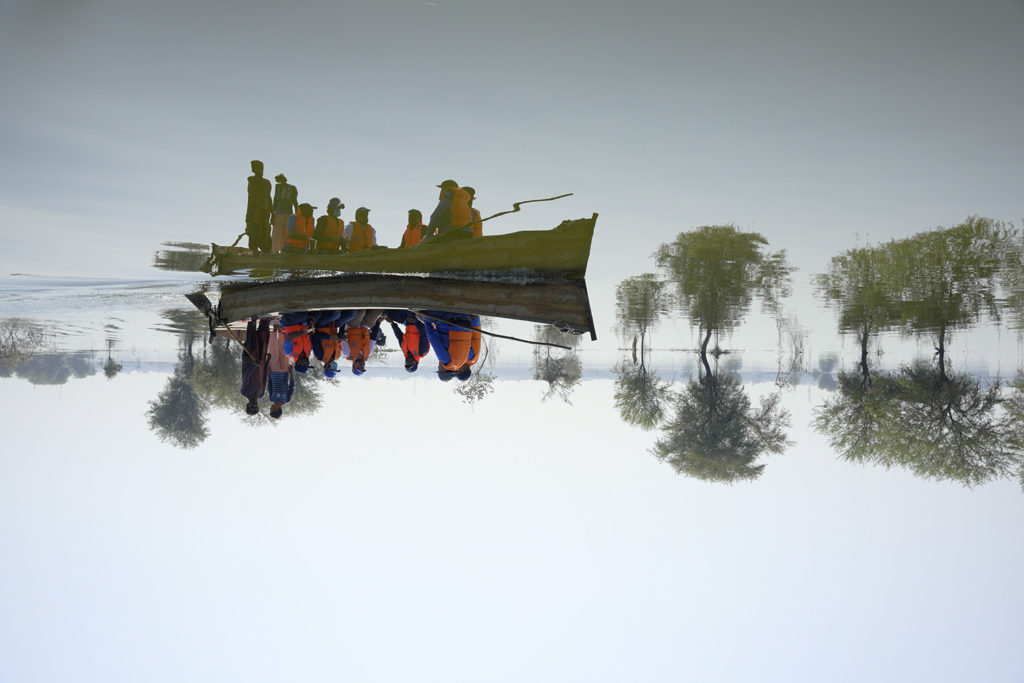
In Pakistan, we took a 35 minute boat ride to the village Fateh Khan Gadehi. The ride there was eerie – what was once agricultural land looked like miles and miles of lakes, with some trees popping up in the middle. There was no land in sight – the village looked like an island, with waters reaching up to four feet.
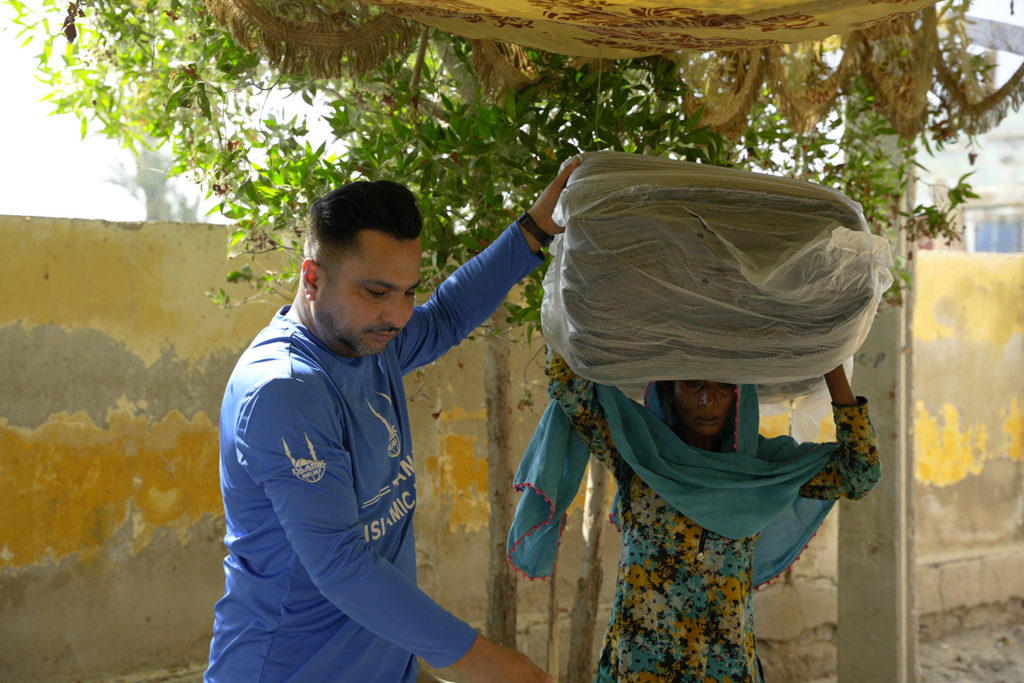
In the village, I spoke with Khalida, a mother of 7. She spoke through tears as she explained they were not given an advanced notice to flee. It all happened so fast: they took whatever they could, gathered all their children, and left, knowing there would be no return. Listening to her, I felt helpless. I wished I could take away all her misery and pain, but at that moment I felt so helpless.
What gave me strength in that moment was thinking about our amazing donor base. Of course Allah (swt) helps who He wills, and chooses who will be blessed with the ability to help. Our donors are honored and blessed by Allah (swt) to help people like Khalida; a mother who just wanted to help her children. Her words kept echoing in my head: “We need food for my children.” Her home was destroyed, her source of income was stripped from her, and her main concern was feeding her children.
I told Khalida that Islamic Relief is here to help–this is what we do with the help of our donors. I asked her to make dua for all of our donors. She will never see them in this life, but she will forever remember their help.
We also visited the District Mirpur Khas, where I met a 10 year old Prakash. His father was walking through the floods and died due to a venomous snake bite under the water. That is a danger we normally do not think of: flood waters contain bacteria, sewage, chemicals, wildlife, and many other fatal things.
When I saw Prakash, he was lying in this traditional bed next to his paternal uncle who had also lost his home, and now became responsible for his deceased brother’s wife and children. They talked to me about how hard tent life is, and how Prakash is sick due to the heat and humidity they now face in the tents. They also described how difficult it is to live in a tent with no privacy, no space, and no food security.
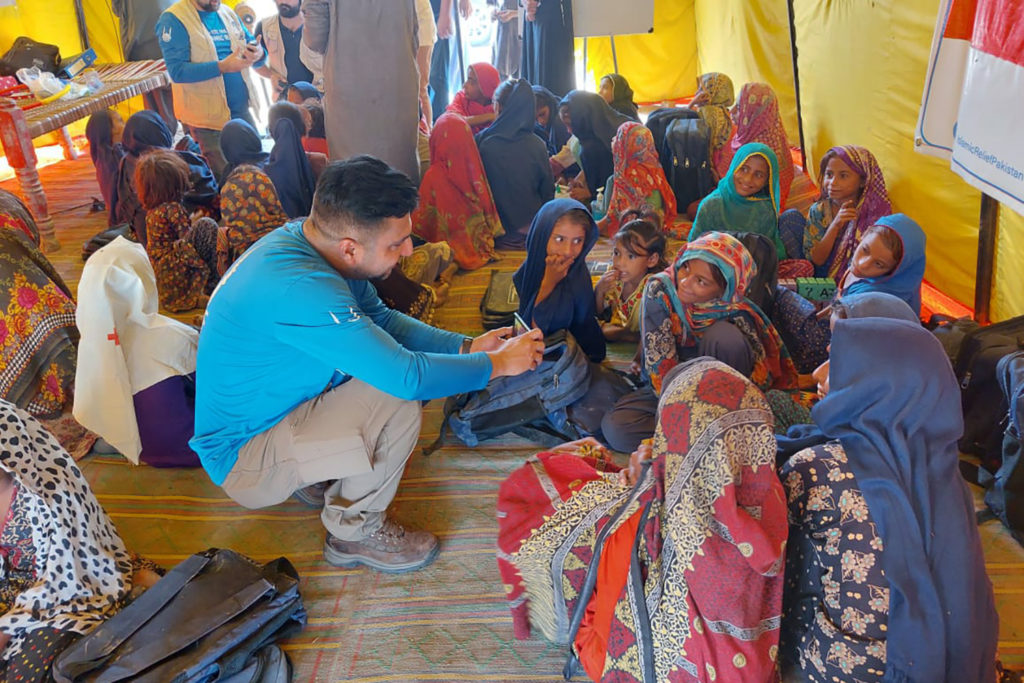
One of my last stops was to a temporary learning center that IR Pakistan built as a safe space for children. The government provided teachers to engage the children in activities to help children be children in a controlled environment. In these situations, parents are already struggling, and trying to make sure your children are safe makes it harder. The children need some comfort — they are traumatized, they need to go to places to feel safe. These spaces help them learn to cope with the trauma so there is less of a long term impact.
Masha’Allah, our staff came and worked in this program to make sure different activities are beneficial to the children. Stepping into the tent was like entering a different world: the heat was exhausting, yet the children were running around happily. Every child was smiling and thankful for the activities and toys available. I spoke to a couple of young girls and one of them told me she wanted to be a teacher, too. She was so inspired by the love and help she received from the teachers provided by IR Pakistan that she hoped to do the same in the future.
Throughout my time in Pakistan, I also met with Bibi Amna in Nushki, Balochistan, who received traditional shelter construction materials. I also met with Muhammad Asif, a father of 4 who received an IR tent, and transitional shelter construction materials to rebuild his house in the future. He also received PKR 12,500 as part of the PKR 25,000 cash grant to beneficiaries to use for the construction of temporary shelter. He said to me, “this temporary shelter will be more comfortable and feasible, mainly because winter is approaching and being in a tent is not comfortable at all for my kids and family.”
At one point in my trip, while I was on a boat ride to a village, I looked around and told my group, “the water is still here.” When tragedy hits, usually the damage is done and the cause leaves, and the shock leaves. In Pakistan, the shock is not leaving: every day, the people wake up and see the waters, reminding them of the trauma and devastation they endured. It will take several months for these lands to dry up, and perhaps years until the lands can be fertile again. Facing the flood waters every day for several months will have a lasting psychological impact on the people of Pakistan.
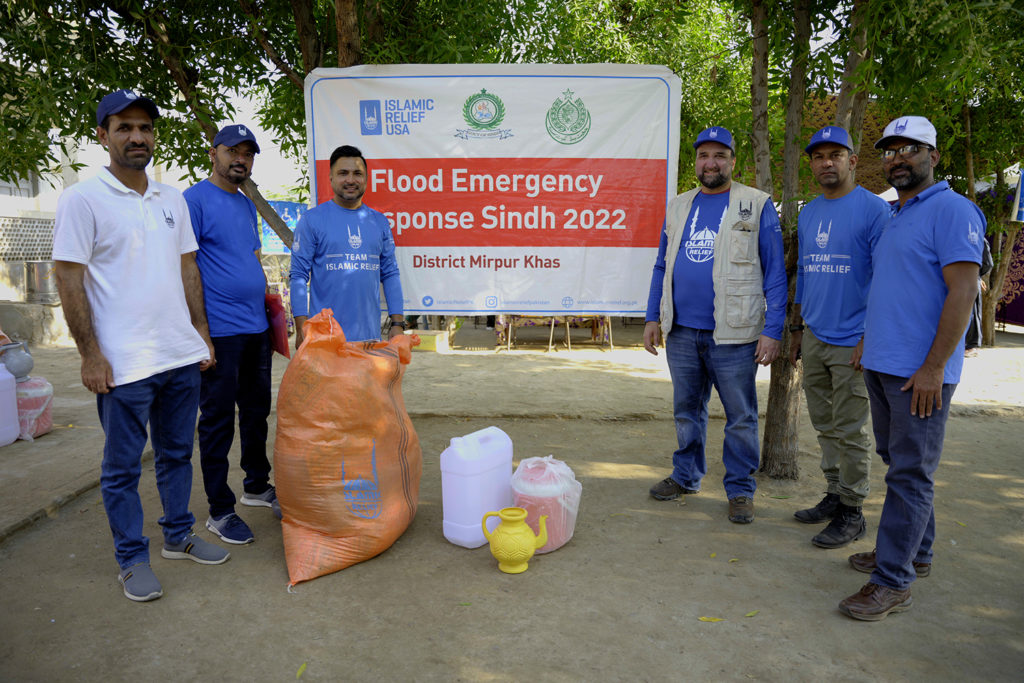
There are thousands of others like Khalida, Prakash, Amna, and Muhammad, and they often ask me: Why are you here? What is Islamic Relief? Why are you coming here from America? I always answer that our donors are giving their zakat and sadaqa to help people like them. Our work is vital for the future of Pakistan, and thanks to our donors, we are able to provide these lifesaving needs.
To find out more, please visit irusa.org/asia/pakistan.

